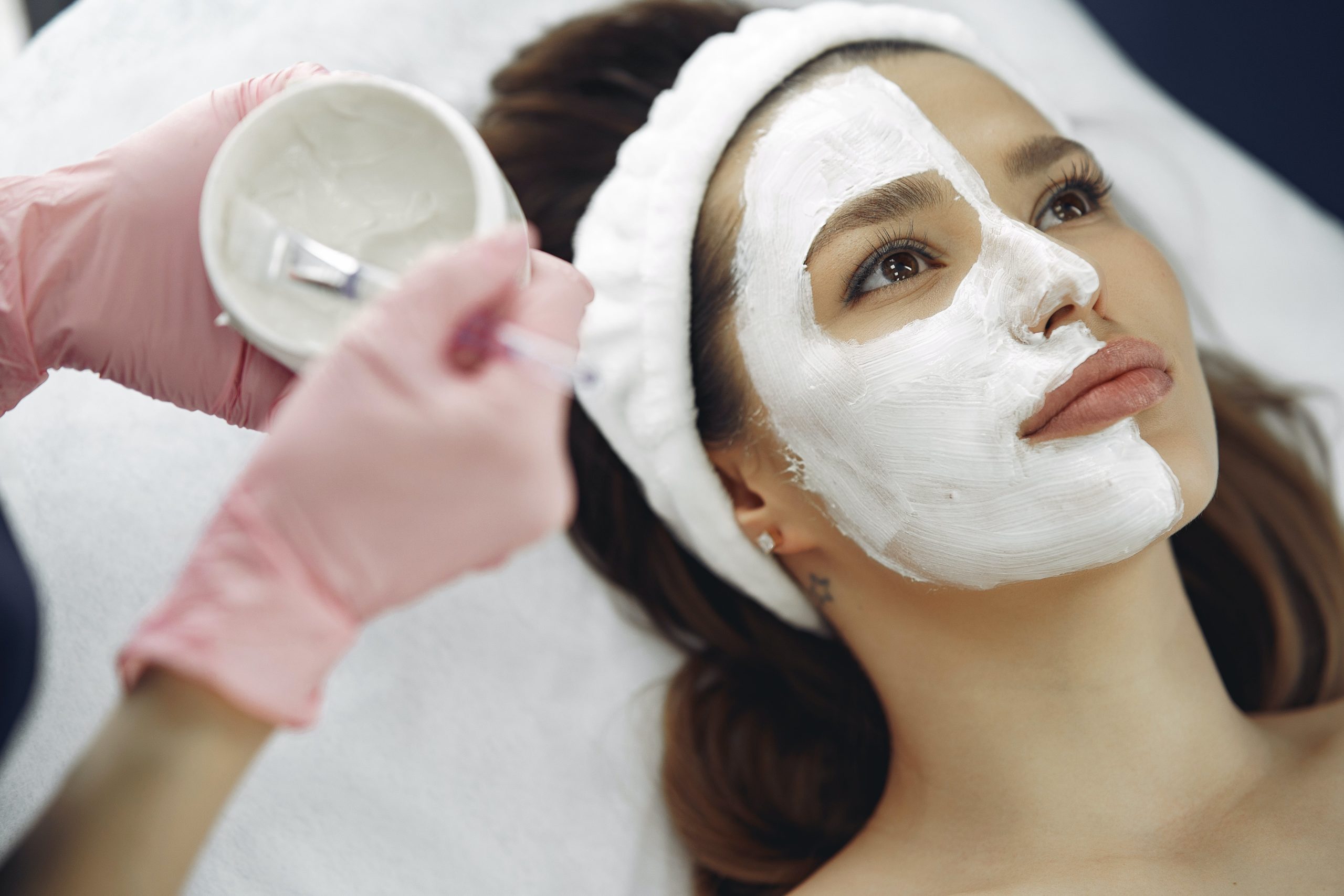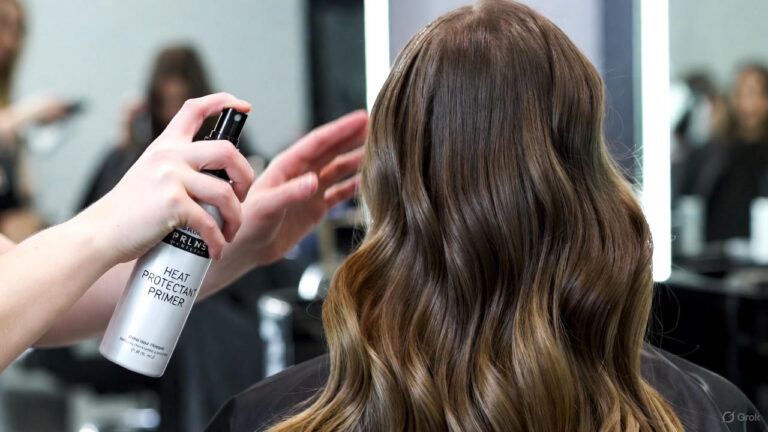The pursuit of flawless skin often leads individuals to various skincare treatments, with chemical peels being a popular choice. However, amidst the buzz surrounding these peels, numerous myths have come outd, causing confusion and apprehension.
In this article, we embark on a journey to debunk common misconceptions about chemical peels, providing a comprehensive guide to understanding the reality behind this transformative skincare procedure.
Myth 1: Chemical Peels Are Only for Severe Skin Issues
One prevalent myth is that chemical peels are exclusively designed for individuals with severe skin issues, such as deep wrinkles or extensive sun damage. In reality, chemical peels come in various strengths and formulations, making them suitable for a wide range of skin concerns.
Chemical peels can address issues like fine lines, uneven skin tone, acne scars, and sun damage. Superficial peels are gentle and can be used for mild concerns, while deeper peels are reserved for more severe issues. Consulting with a skincare professional can help determine the most appropriate peel for individual skin needs.
Myth 2: Chemical Peels Are Painful and Have Prolonged Downtime
A common misconception is that chemical peels are excruciatingly painful and require an extended period of downtime. While it’s true that chemical peels involve the application of acids to the skin, advancements in skincare technology have led to more comfortable procedures with minimal downtime.
The level of discomfort experienced during a chemical peel depends on the peel’s depth. Superficial peels may cause mild tingling or a warming sensation, akin to a sunburn, while deeper peels may involve a more noticeable but manageable discomfort.
Downtime varies, but many individuals can resume regular activities within a few days to a week, especially with milder peels.
Myth 3: Chemical Peels Are Only for Certain Skin Types
Some believe that chemical peels are only suitable for specific skin types, particularly those with fair or light skin tones. This is a misconception. Chemical peels can be customized to suit various skin tones and types.
Skincare professionals consider factors such as skin type, concerns, and the desired outcome when selecting the appropriate peel. Individuals with darker skin tones may be advised to opt for gentler peels to minimize the risk of pigmentation changes. It’s essential to consult with a qualified skincare expert to tailor the treatment to individual skin characteristics.
Myth 4: Chemical Peels Cause Permanent Skin Damage
A pervasive myth is that chemical peels lead to permanent skin damage or thinning. In reality, when performed by trained professionals, chemical peels are safe and can promote skin rejuvenation without causing long-term harm.
Chemical peels work by removing the outer layers of damaged skin, prompting the growth of new, healthier skin. While mild redness, peeling, and temporary sensitivity are common after-effects, these are part of the natural healing process. Following post-peel care instructions and avoiding sun exposure can mitigate any potential risks.
Myth 5: Chemical Peels Are Only for the Face
Another misconception is that chemical peels are exclusively meant for facial skin. In truth, chemical peels can be applied to various areas of the body, including the neck, chest, hands, and even legs.
Chemical peels are versatile and can target specific concerns in different body regions. For instance, peels on the hands can reduce age spots, while chest peels can address sun damage. Customizing the peel to the targeted area ensures optimal results and a harmonious overall skin appearance.
Conclusion
Debunking the myths surrounding chemical peels is essential for those considering this transformative skincare treatment. Chemical peels, when administered by qualified skincare experts, offer a safe and effective solution for achieving healthier, more radiant skin. As with any skincare procedure, thorough consultation with a skincare professional is crucial to tailor the treatment to individual needs and ensure a positive experience.
FAQs
Q1: Are chemical peels only for individuals with severe skin issues?
No, chemical peels come in various strengths and can address a range of skin concerns, from mild to severe. Consulting with a skincare professional helps determine the most suitable peel for individual needs.
Q2: Do chemical peels cause permanent skin damage?
When performed by trained professionals, chemical peels are safe and do not cause permanent skin damage. Temporary side effects such as redness and peeling are part of the natural healing process.
Q3: Can chemical peels be applied to areas other than the face?
Yes, chemical peels can be applied to various body areas, including the neck, chest, hands, and legs. Customizing the peel to the targeted area ensures optimal results.



